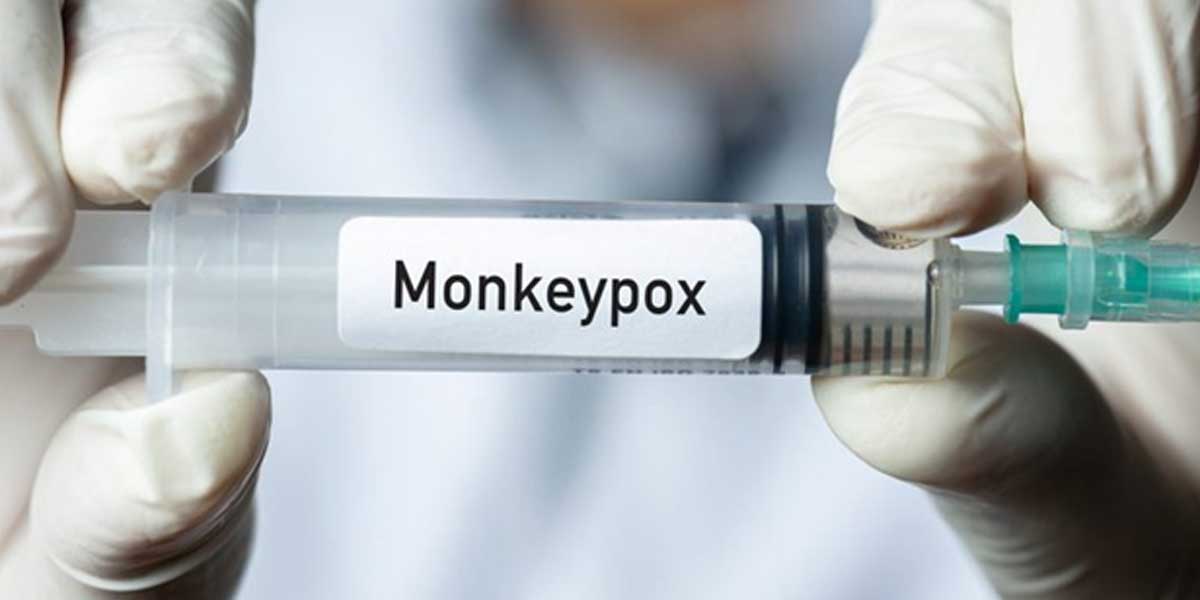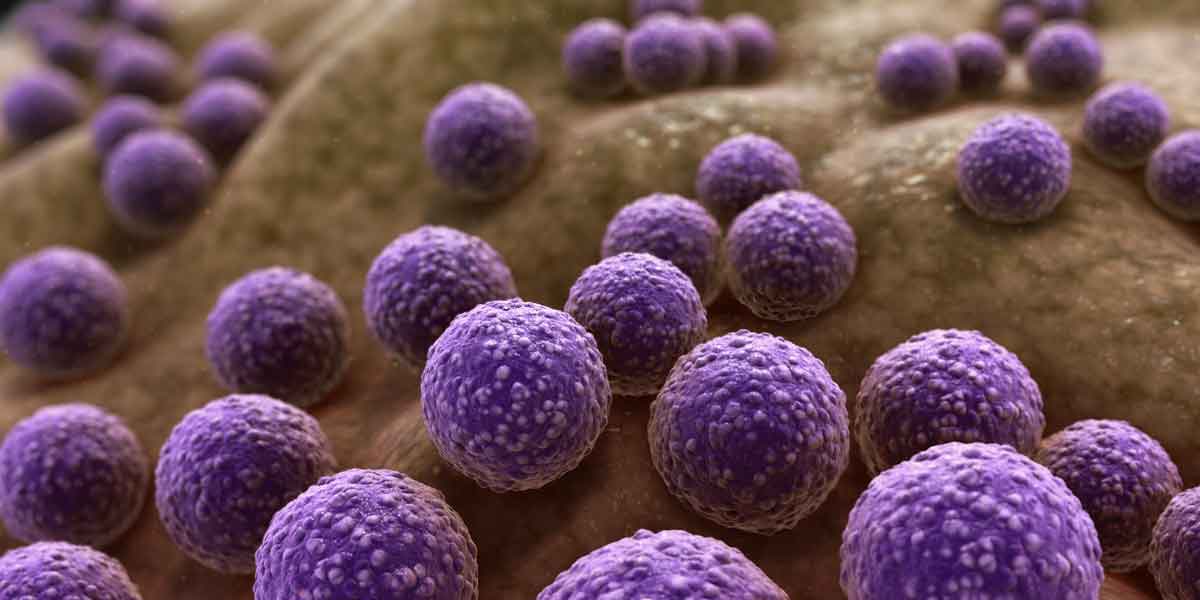
By Denise Mann, MS
Details about this specific strain of monkeypox may be reassuring.
Monkeypox symptoms can seem flu-like
If recent days’ headlines about monkeypox have caused you concern, infectious disease experts who spoke with The Healthy @Reader’s Digest suggest there’s not a major reason to panic right now. Still, you might be wondering what monkeypox is and how serious the risk is.
The Centers for Disease Control and Prevention (CDC) lists the following as monkeypox symptoms and signs, suggesting an individual who’s been exposed to the virus may see symptoms appear anywhere between five and 21 days after exposure:
- Fever
- Headache
- Muscle aches
- Backache
- Swollen lymph nodes
- Chills
- Exhaustion
Then, the CDC says: “Within one to three days (sometimes longer) after the appearance of fever, the patient develops a rash.”
“It’s the rash that helps distinguish monkeypox from other things,” explains Daniel Bausch, MD, the president of the American Society of Tropical Medicine & Hygiene and director for emerging threats and global health security at FIND, the global alliance for diagnostics. The rash can be comprised of fluid- and pus-filled lesions that often begin on the face and spread to other parts of the body.
The CDC says in general, a case of monkeypox usually lasts two to four weeks.
Monkeypox is not a new virus
This is a new outbreak of a known virus, explains Anne Rimoin, chair of infectious diseases and public health at the University of California, Los Angeles.
First discovered in 1958 in monkeys, the virus was identified in humans in 1970 in the Democratic Republic of the Congo and has been reported in humans in other central and western African countries, according to the CDC.
There have been other outbreaks in the U.S. over the years, including a 2003 outbreak linked to infected prairie dogs that had been imported as pets.
Monkeypox doesn’t spread as easily as COVID-19
In past outbreaks, monkeypox spread primarily from animals to humans, and less often from person to person (as close contact with bodily fluids is typically involved with transmission). “There are small clusters that need to be investigated, but this is not a disease that is easily spread,” Dr. Bausch says. “This will not be the next pandemic.”
There could be more monkeypox cases
Expect more monkeypox cases and clusters of cases in the U.S. and abroad. On May 24, 2022, reports suggested the CDC was tracking 200 contacts connected to a monkeypox patient in Boston.
Still, Maria Van Kerkhove—the World Health Organization’s emerging disease lead—said at a news conference: “This is a containable situation.”
Monkeypox is rarely lethal
Hannah Newman, director of epidemiology at Lenox Hill Hospital in New York City, suggests as many as 10 to 13 percent of people with monkeypox will die from this virus—however, she says, the mortality rate associated with the current strain is thought to be about one percent. “That being said, anyone experiencing an unusual rash or lesion and has risk factors (or had sexual encounters with someone who has) should seek care immediately,” she says.
Gay men may be at heightened risk during this monkeypox outbreak
After a U.S. monkeypox case was identified on May 18, 2022 in an individual who’d just traveled from Canada, the CDC reported that the 2022 cluster of cases occurring around the world “include people who self-identify as men who have sex with men.”
Dr. Newman adds that “sexual orientation . . . may be a risk factor in the current outbreak.”
Though, for anyone of any orientation, it’s important to understand that the illness can be spread between bodily fluids and open lesions.
Monkeypox is a cousin of smallpox
Monkeypox is a milder version of smallpox, which means that we have a vaccine and treatments, says Bausch. “There is fairly good evidence that the smallpox vaccine is protective against monkeypox,” he says.
In fact, two U.S. Food and Drug Administrating-approved vaccines for smallpox are in the U.S. Strategic National Stockpile, according to media reports. There also are antiviral drugs for smallpox that could be used to treat severe cases of monkeypox. (https://www.thehealthy.com/infectious-disease/monkeypox-symptoms-facts/)
Denise Mann is a freelance health writer whose articles regularly appear in WebMD, HealthDay, and other consumer health portals.





















